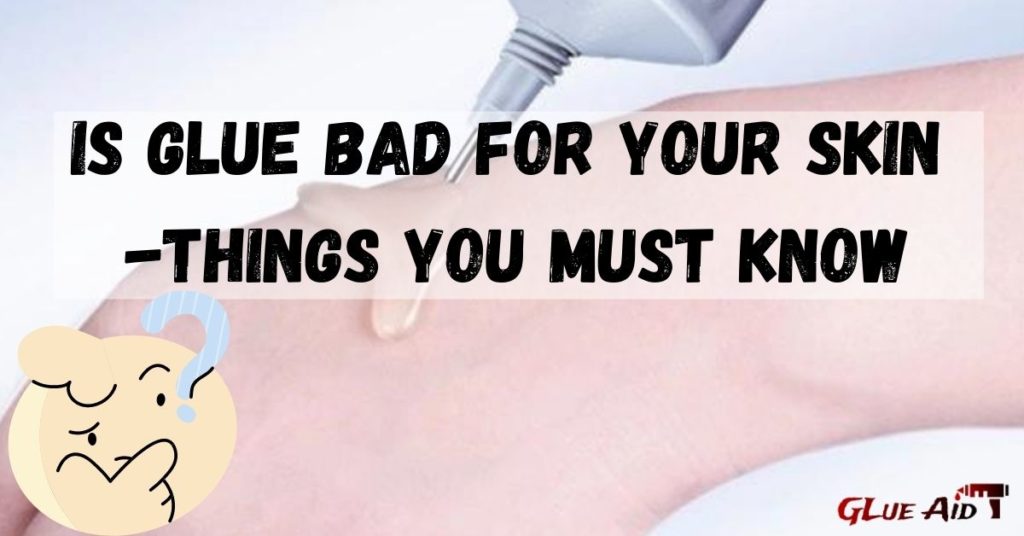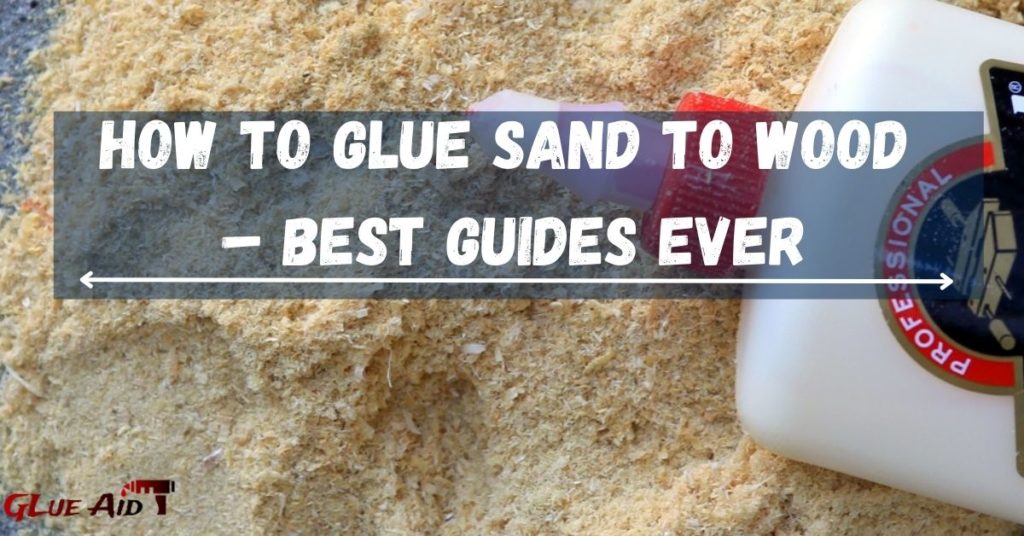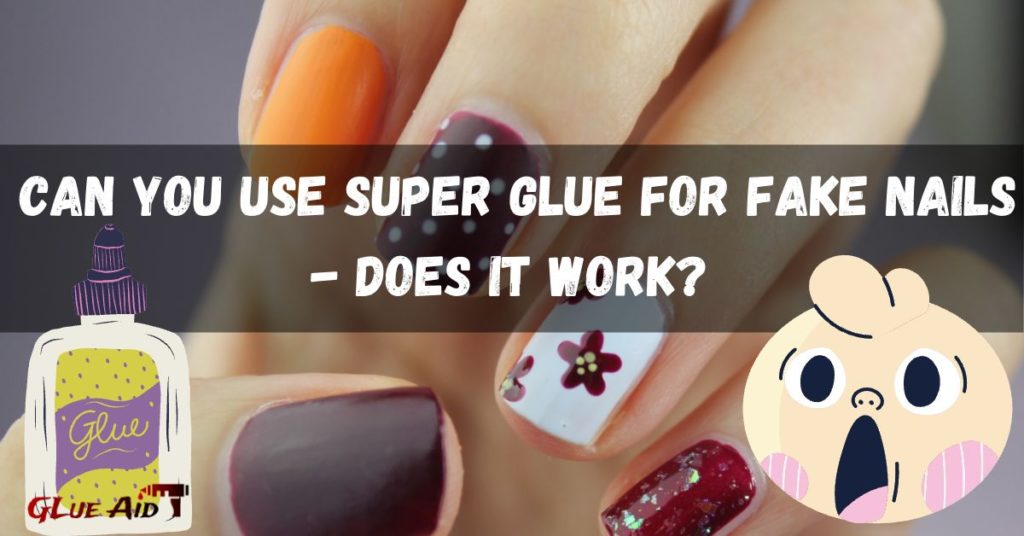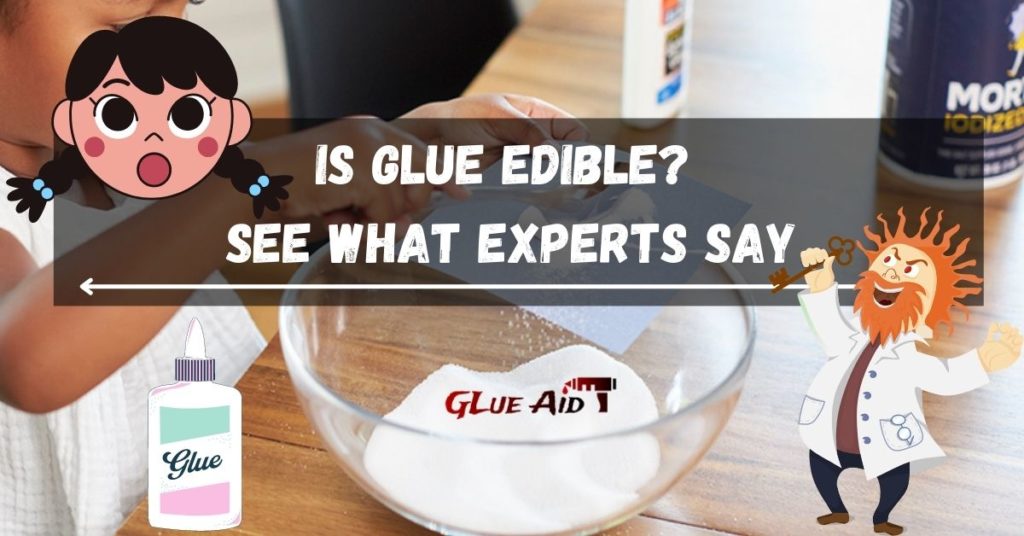Most people often wonder, is glue bad for your skin? There are many reasons people would want to know that. Mostly it’s because sometimes the skin might come in contact with the glue.
There are many types of glues and adhesives, all of which can be potentially hazardous to your skin. While most people consider their skin strong, glues can still cause a skin reaction whenever you expose your skin to them.
Let’s have a look at how glue might affect your skin.
Table of Contents
What Kinds of Glue Are Safe?
Glue can have various effects on your skin, from causing a rash or irritation to becoming toxic in some instances.
Many people believe that glue is only for sticking two things together. However, there are many types of glue with various other functions apart from sticking things together. That is why it’s important to know what kind of glue you’re working with before deciding how to use it.
Therefore, there are three main categories of glue:
- Rubber-based glues
- Solvent-based glues
- Water-based glues
Glues best for ordinary household purposes include school glue, epoxies, wood glue, superglue, silicone sealants, and fabrics you can safely apply to your skin. Stronger glues like superglue are not an issue when used in small quantities.
What Types of Glue Can Irritate Your Skin?
That might have gotten you asking about the type of glue that could be disastrous for your skin. You must know that you can also use glue to make crafts, such as sculptures and puppets.
However, glue can sometimes cause skin irritation or other adverse effects when it comes in contact with your skin, whether accidentally or intentionally. The following are the types of glue that should never come into prolonged contact with your skin.
1. Hot Glue
It is a type of glue that hardens whenever it gets wet. It is best for sticking things such as paper, wood, and metal together. Another everyday use for the adhesive is to fix puzzle pieces together. These days, hot glue is usually mixed with other types of glue to make it easier to use.
The primary issue with such glue is that it will irritate or burn your skin if it gets into contact with it. It would be best if you took care not to have the glue touch your skin for prolonged periods.
2. Acrylic Glue
Acrylic glue is a type of glue commonly used to make jewelry and crafts. It is harder than the glue we typically use glue use on paper. However, it is not very good for your skin. Glue with an acrylic base is usually a type of paint.
The above two types of glue will cause issues on your skin, and you should thus handle them with care. If you see any redness or swelling on your skin, that is a sign of an allergic reaction. If you are bleeding or feel any pain, seek medical attention immediately.
Short-Term Effects of Using Glue
With all the different glues available today, it might be challenging to determine which ones wouldn’t be harmful to your skin. Let’s look at some common short-term effects and what you need to know about the safety of using glue on your skin.
While glue will stick to the skin, the major issue will be removing it will cause tears. However, it won’t have any lasting effects. The real issue comes when someone sniffs glue.
The short-term effects of inhaling glue can include coughing, nosebleeds, and headaches. Some people abuse the glue by sniffing it, but it could be dangerous.
Long term effects of using glue
Glue contains chemicals like acetone and methylene chloride, making the skin fragile and sensitive. The long-term effects of using glue are probably similar to other forms of substance abuse.
But Long-term effects of inhaling glue may include brain damage and cancer. That’s besides acute respiratory problems, heart rhythm issues, seizures, and even liver and kidney damage.
Those aren’t desirable outcomes for anyone. So, it’s better to keep off sniffing glue.
How to get the glue off your skin
If you must, apply glue to your skin with caution. It would be best not to use most glues on the skin. Instead, glue works to adhere items together safely. That means that whichever type of glue you are using, it is vital that you read the instructions carefully before applying glue to your skin.
An excellent way to get the glue off your skin is to use a citrus-based cleaner. The acidic properties of citrus will help dissolve the glue and allow you to wash it away.
The best thing to do is to use a solvent. This will take off the glue and any residue left behind. The most common solvents are acetone, alcohols, or glycerin.
Is Glue bad for your face?
The glue we use for paper crafts and filling holes is not meant for skin. When the glue is applied to the skin, it can cause an allergic reaction. If you have sensitive skin, it’s best to avoid sticking things to your face altogether.
There are many cosmetic types of glue on the market, but they all serve the same function: to keep powder foundation and other face makeup in place. The type of glue you should use depends on your skin type, what other products you use, and your desired look.
Water-based glues are best for people with oily skin because the product will not clog pores over time.
Is Glue Bad for Your Nails?
Nail glue is a binding agent for artificial nails and consists of polyvinyl acetate, ethyl acetate, methyl methacrylate, and acrylates copolymer. You can find it in any beauty salon or store that sells nail care products.
Nail glue can cause harm to your nails when you leave it on too long or when you are still using nail glue after your natural nails have grown out.
Nail glue is a quick fix for splitting or broken nails that most podiatrists do not recommend. When a nail breaks, the best way to heal it is to let it air dry and apply a small amount of clear nail polish.
Gorilla Glue Skin Reaction – Is It Bad for Skin
Gorilla glue is perfect for fixing things or making repairs. Many people are concerned about the effects it has on their skin. The FDA warns that this product can irritate sensitive skin, cause severe burns if it comes into contact with eyes, mouth, or nose, and react badly with latex paint.
Gorilla Glue is a type of polyurethane. If you’re safe for your skin, though, avoid putting it close to the face because it’s difficult to remove from the skin.
Is Elmer’s Glue Also Bad for Our Skin?
When people think of school supplies for kids, Elmer’s glue sticks are usually the first thing that comes to mind. It is their go-to adhesive for everything from crafts to science experiments for many educators. But do you know what effects Elmer’s Glue can have on your skin?
Many people know Elmer’s glue as the go-to adhesive for arts and crafts. Used to bind paper, no one would think that this craft staple could have anything but a positive effect on their skin.
However, according to dermatologist Dr. Debra Jaliman, M.D., overexposure to the chemical in Elmer’s glue can cause accelerated aging of the skin by causing dehydration and inflammation.
Is Eyelash Glue Bad for Your Skin?
Eyelash glue does not cause harm to your skin. In recent years, women have been paying more attention to the products they use on their faces and body, specifically focusing on whether the effects are harmful.
Eyelash glue is a makeup product that has been around for many years and used by many women, without many downsides.
Is Glue Bad for Your Hair?
Hair bonding glue is often one of the most popular latex-based glues. A significant advantage of hair-bonding is that it’s 100% natural and non-toxic while also maintaining some level of water resistance, making manufacturing safe for human contact and eco-friendly because there are no harmful chemicals used.
Make sure you ONLY use PVA glue if your hair needs it. We should not use any other type of glue in our hair since it’s hard to remove with water. Also, we shouldn’t use solvents on our hair while removing the glue.
Is Wood Glue bad for your skin?
Wood glue is a type of adhesive used for bonding pieces of wood together. This glue can irritate the skin, especially when it dries, but it does not have any lasting adverse effects on your health.
There are ways to protect your skin from coming into contact with the glue by wearing gloves, but if you are using it sparingly, you should not have an issue.
Although using specific glue can stain your hands, it’s still safe and easy to use. You can easily remove glue from wood or your skin with a damp cloth or warm water if it’s dry.
Read Also: Can You Super Glue Wires Together – Best Guides Ever
The Bottom Line
Is glue bad for your skin? We hope what we have discussed here helps you understand better the effect of glue on the skin. If you’re still wondering whether the glue is terrible for your skin, then you need to know that Glue can cause the skin to dry out or irritate skin while it is curing up, becoming brittle and vulnerable to tearing.
Be sure to wash your hands after using glue to avoid continuing contact with the substance, which will worsen the damage.
Relevant Resources:




